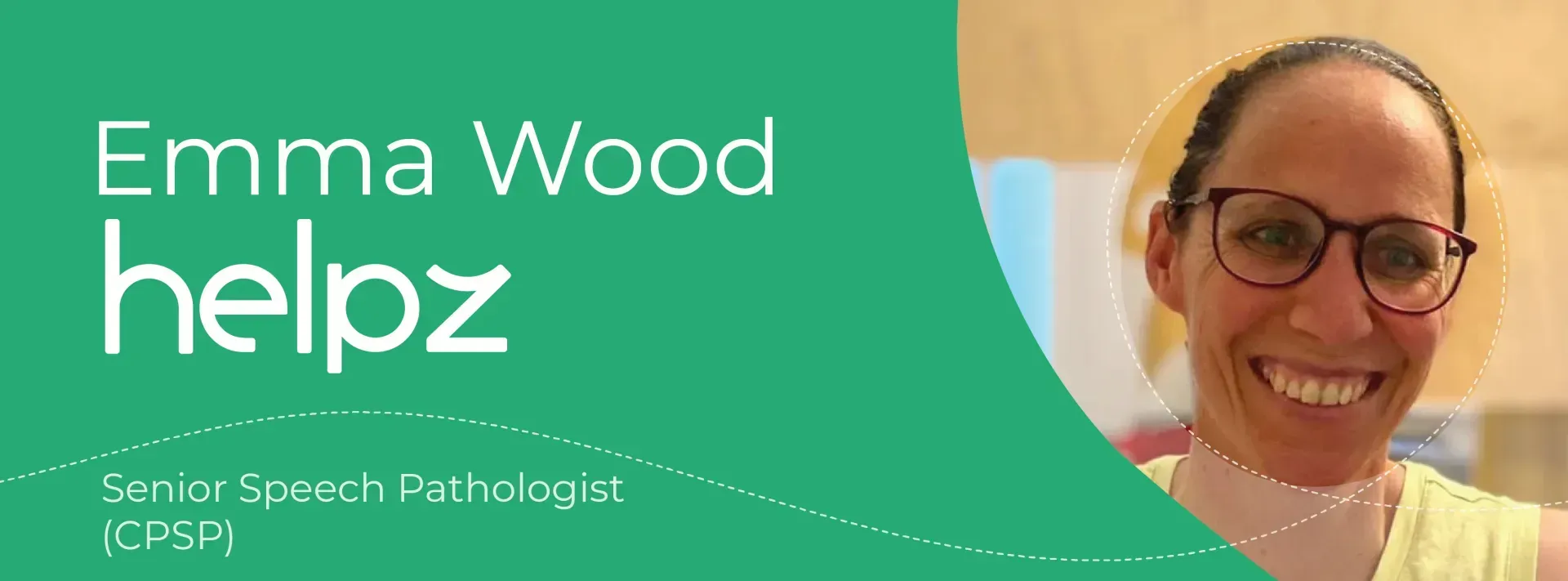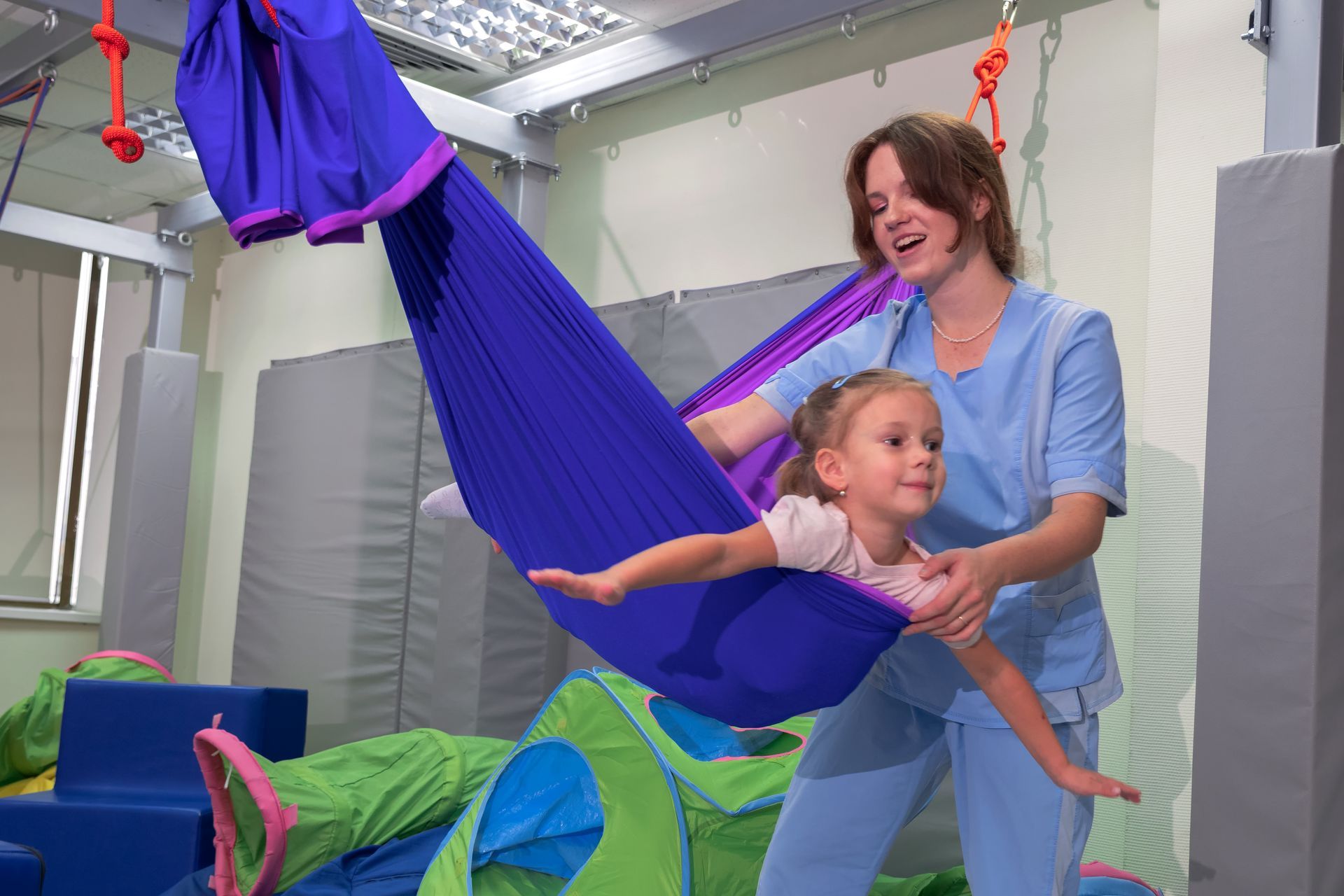Meet Emma

Meet Emma.
Emma has been working in Speech Pathology for around 15 years.
Youth worker from the age of 14, Emma has always been driven by a ‘put good out there and you get good back’ life ethos.
I believe everyone is doing the best they can, and am a relationship person; I am driven by the effort to connect with people and the effort made to connect with me back. Everyone is doing the best they can."
Speech Pathology wasn’t Emma’s first path. Emma started her career in acting, where she developed a love for voice training and coaching, particularly interested by accents and voice modification.
As Emma explored voice training and working with actors on voice coaching, she realised this wasn’t fulfilling enough. Her time as a youth worker had served a need within her to walk alongside families and affect change, and Emma was driven to fulfil that need again through working in the disability sector.
It is easy to think that Paediatric disability Speech Pathology is Emma’s strength as this is where she has worked predominately with a lot of autistic children. When we asked Emma what her strength and area of passion is, her answer was Family Centred Practice, and this is why Emma spends a lot of time helping graduates understand the true meaning of working with families.
“It isn’t just about meeting with the families and setting goals, it is about being accessible, open and a good listener. It sounds cliché but you really do meet the family and where they are at and you walk together to get to where they want to be.”
Emma is a huge advocate for community-based care, and believes it offers a greater opportunity to deep dive with families; exactly what helpz values and stands for. "I strive to celebrate neurodiversity in my work with schools and early childhood centres because I really believe different brains (like autism or adhd) are not disordered brains."
Emma graduated from the University of Sydney with a Bachelor of Applied Science (Speech Pathology) and her professional development and achievements include:
- DIR Floor Time Hanen
- It Takes Two to Talk
- More Than Words
- Spalding Method for Teaching Spelling, Reading and Writing
- Multilit
- Picture Exchange Communication Systems
- Auslan
Emma has also presented to statewide (NSW) family day care organisations, 2021 Inner West Graduates, Randwick and Liverpool Councils and families on "walking together - family centred approach in Speech Pathology."
To connect with Emma contact us here.







